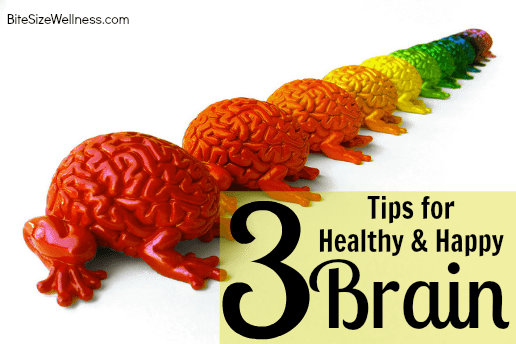Do you ever do the blood pressure test and wonder what the numbers coming up actually say about your health? You may know that high blood pressure is bad, but according to a new study from Australia high blood pressure may be inked to declining cognitive abilities.
“Researchers found that people with high blood pressure in the central arteries — including the aorta, the largest artery in the human body, and the carotid arteries in the neck — performed worse on tests of visual processing, and had slower thinking and poorer recognition abilities.” (via Huffington Post)
At the doctor’s office, blood pressure measurements are taken from the brachial artery in your arm, but according to this new research, considering the health of the central arteries (those that directly control blood flow to the brain) may be the best way to measure and assess cognitive abilities.
After examining nearly 500 participants in the study, it was found that those with high brachial blood pressure (in the arm) were linked to worse performance on a visual test. However, those with high central blood pressure (brain) did worse on several tests that included visual, recognition and processing.
Your brain is one of your most important organs! With a few simple lifestyle choices you can maximize your brain health while minimizing potential cognitive decline. Here are a 3 ways to keep your brain happy and healthy:
1. Stay Socially Engaged
Social interaction has many healthy benefits on your brain, so don’t be a wallflower. Getting emotional and social support can help you manage stress and keep you feeling happy. Make it a priority to hand out with friends and family and join a club or volunteer group to keep you socially stimulated.
2. Stay Mentally Active
You have to work out those brain muscles the same way you exercise in the gym. Keeping your brain active may help generate new brain cells. Stimulate your brain by reading, writing, play crosswords or something like that regularly. And, commit to learning something new every month by doing continuing education, taking webinars or attending lectures.
3. Feed Your Noggin
If you are already eating a healthy diet (which we hope BSW has inspired you to do!) then you are already on your way to feeding your brain. Research indicates that a diet low in saturated fat and cholesterol, rich in good fats and packed with protective foods may help the brain be at its healthiest. Opt for olive oils instead of saturated and trans fat foods. And aim for 5 or more servings of fruits and veggies that are high in antioxidants like blueberries, cherries, red grapes and broccoli.
Do you make an effort to care for your brain? Any thoughts on the latest study about blood pressure and cognitive function?










![Daily Bite [Make]: Philly Cheesesteak Stuffed Bell Peppers](https://dashofwellness.com/wp-content/uploads/2013/01/Philly-Cheesesteak-Stuffed-Pepper-Daily-Bite-1-100x70.png)

I definitely take time to make sure my brain is functioning at its utmost! Salmon, and other fatty fish, I am constantly playing brain games – crossword puzzles, words with friends, and I exercise a lot 🙂